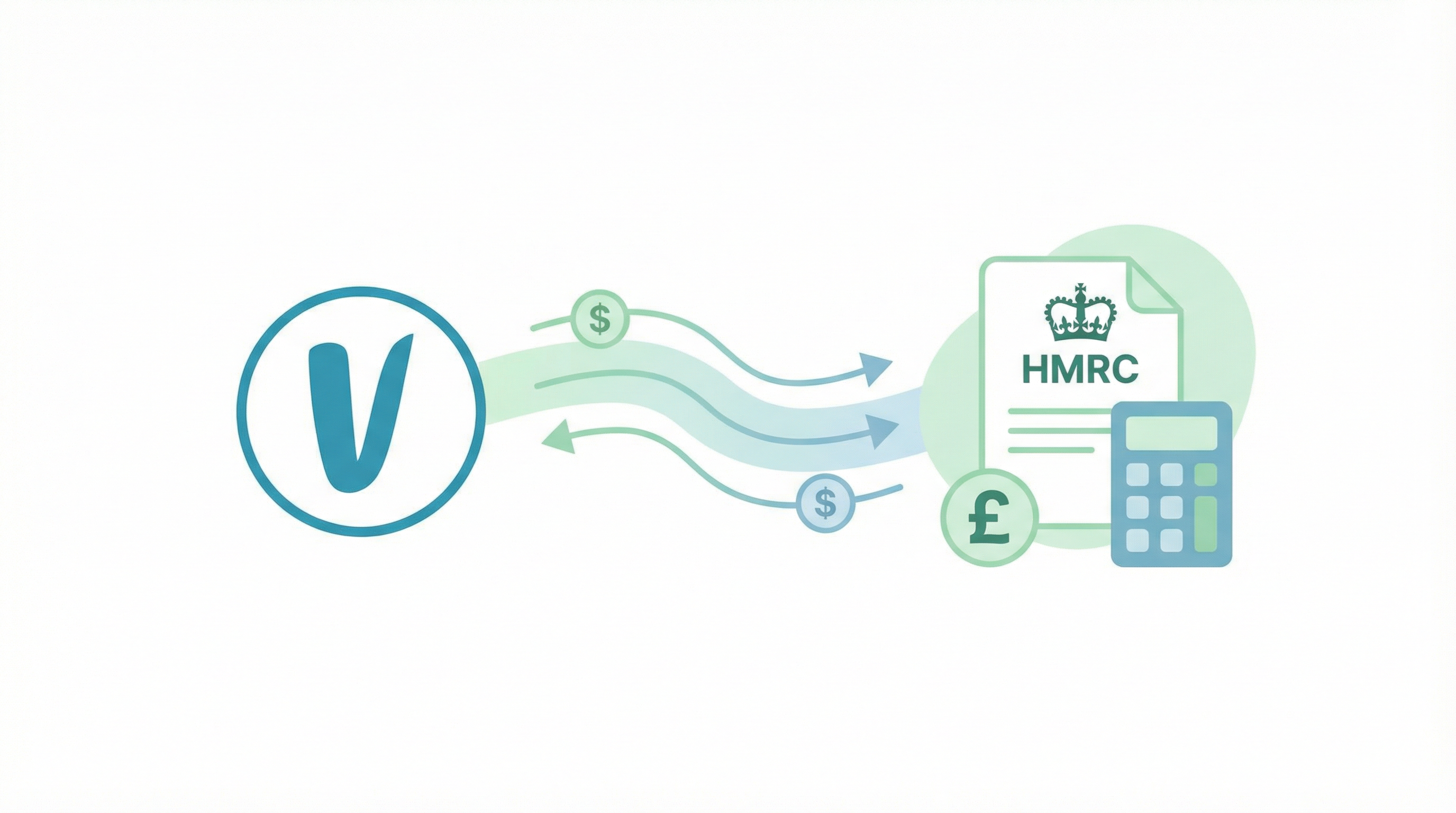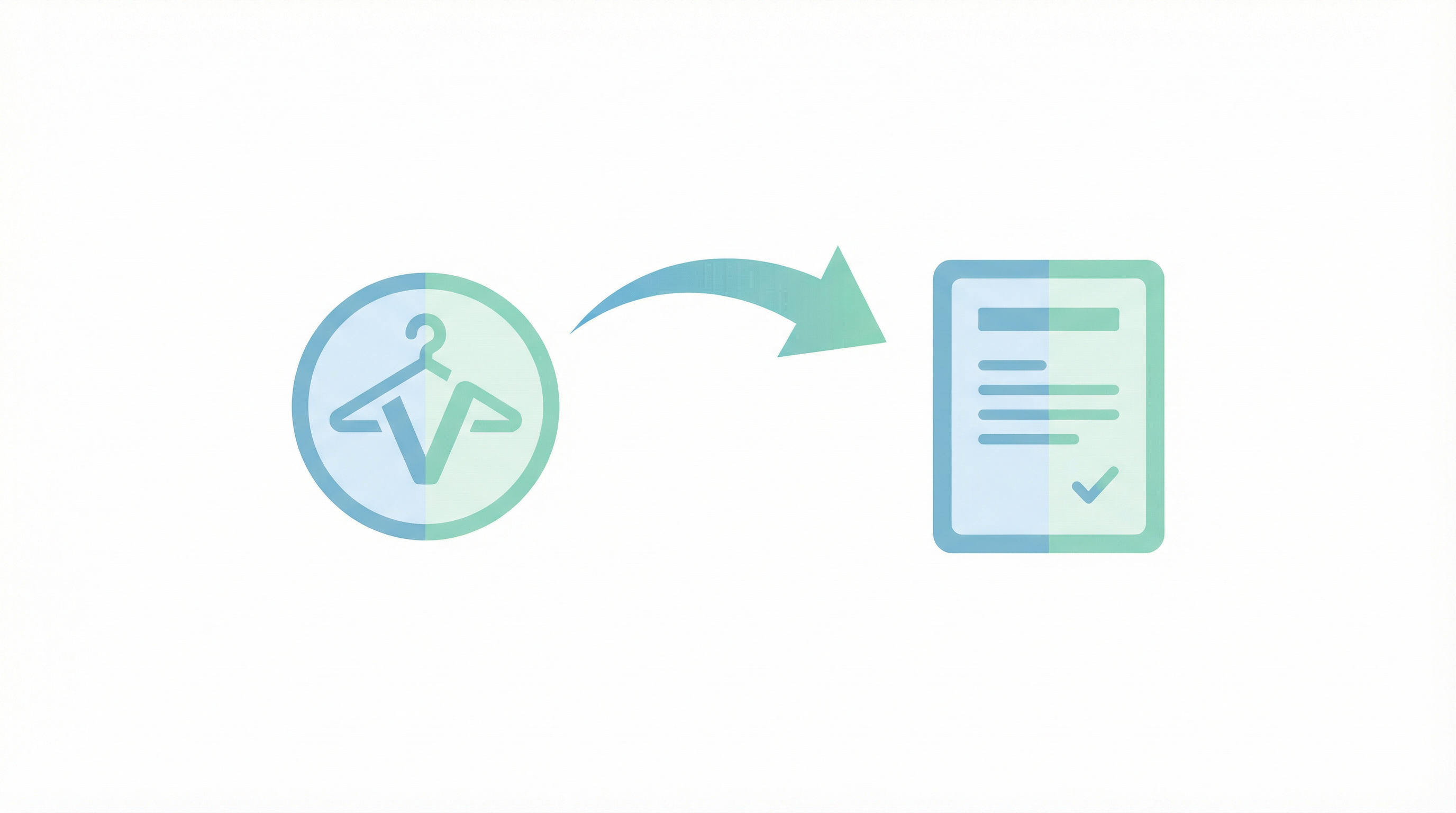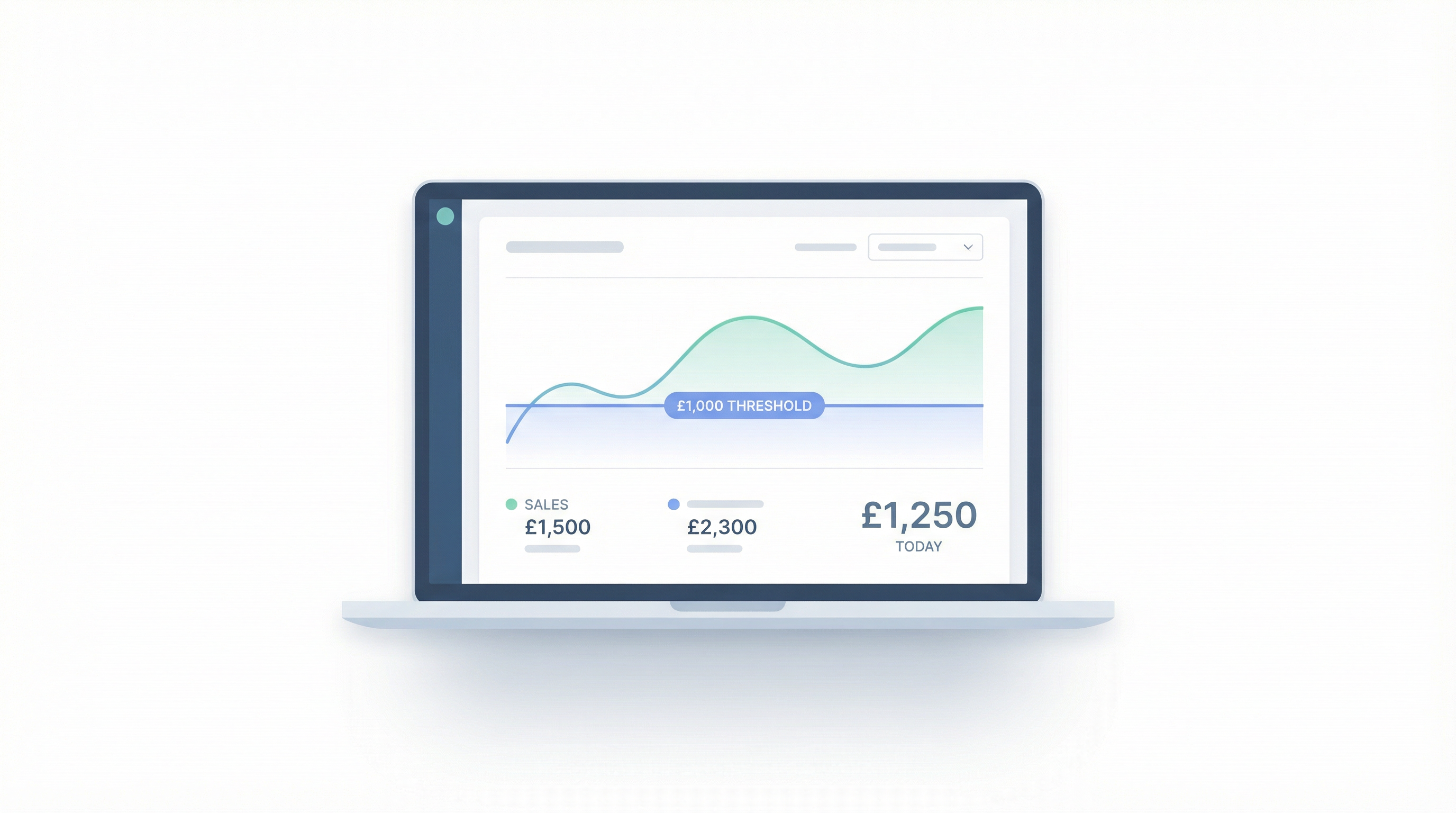Deductible Expenses for Vinted Business Sellers: A UK Tax Guide
Legal Notice: Vinta.app is independent and not affiliated with Vinted; Vinted has not reviewed or approved this content; this material is for information only and does not constitute legal, tax, or accounting advice.

Deductible Expenses for Vinted Business Sellers: A UK Tax Guide
If you're running your Vinted account as a business in the UK – meaning you're buying items to resell or regularly selling with the intent to make a profit – understanding and claiming allowable business expenses is crucial. Deducting these expenses from your Vinted income allows you to calculate your taxable profit accurately, ensuring you only pay tax on what you've actually earned.
This guide will walk you through common deductible expenses for Vinted business sellers, helping you stay compliant and potentially reduce your tax bill.
Why Claim Business Expenses?
When you're self-employed, you pay Income Tax and National Insurance on your business profits, not on your total sales income. The basic formula is:
Taxable Profit = Total Business Income - Allowable Business Expenses
By keeping track of and deducting all your legitimate business expenses, you lower your taxable profit, and therefore, the amount of tax you owe.
What Makes an Expense "Allowable" by HMRC?
For an expense to be allowable for tax purposes in the UK, it must be "wholly and exclusively" for the purpose of your trade. This means the cost must have been incurred solely for running your Vinted business. If an expense has a dual private and business use, you can only claim the business portion.
Personal expenses that are not related to your Vinted business cannot be claimed.
Common Deductible Expenses for Vinted Business Sellers:
Here are some typical expenses that Vinted business sellers in the UK may be able to deduct:
-
Cost of Goods Sold (COGS):
- This is often the most significant expense for resellers. It's the direct cost of the items you purchased specifically to sell on Vinted.
- Example: You buy a vintage dress for £10 and sell it for £30. The £10 is your COGS for that item.
- Keep: Receipts for all stock purchases.
-
Postage and Packaging Costs:
- Postage: The actual cost of sending items to your Vinted buyers if you cover this cost or if it's part of your pricing strategy (e.g., offering "free shipping").
- Packaging Materials: Costs for mailers, boxes, bubble wrap, tape, labels, printer ink for labels, etc.
- Keep: Receipts for postage and packaging supplies.
-
Platform Fees & Services:
- While basic selling on Vinted is often free for sellers, any fees you pay for optional Vinted services to promote your items or manage your shop can be claimed.
- Examples: Costs for "Item Bumps," "Wardrobe Spotlight," or any specific fees that might apply to Vinted Pro sellers.
- Keep: Records of these Vinted charges.
-
Mileage Costs (Vehicle Expenses):
- If you use your personal vehicle for business-related Vinted activities, you can claim mileage.
- Examples: Driving to source stock (e.g., charity shops, markets, suppliers), bulk trips to the Post Office or courier drop-off points.
- How to claim: HMRC allows a simplified mileage allowance. For cars and vans, this is currently 45p per business mile for the first 10,000 miles in a tax year, and 25p per mile thereafter.
- Keep: A detailed mileage log showing dates, journey purpose, start/end locations, and mileage for each business trip.
-
Use of Home as Office Expenses:
- If you predominantly run your Vinted business from home, you can claim a portion of your household running costs.
- Examples: A share of your electricity, gas, and internet bills.
- How to claim:
- HMRC's simplified flat rate: This is based on the number of hours you work from home each month (e.g., £10/month for 25-50 hours, £18/month for 51-100 hours, £26/month for 101+ hours). This is the easiest method.
- Detailed calculation: Apportioning your actual bills based on the area of your home used for business and the amount of time it's used for business. This is more complex but might allow a larger claim if justified.
- Keep: Records of hours worked from home or calculations for apportioned bills.
-
Other Potential Allowable Expenses:
- Phone Costs: The business proportion of your mobile phone or landline bill if used for Vinted activities (e.g., communicating with buyers, research).
- Stationery and Office Supplies: Pens, notebooks, printer paper (for invoices/notes), etc., used for your business.
- Software and Subscriptions: Costs for accounting software, photo editing tools, inventory management systems, or any other software directly used for your Vinted business.
- Training Courses: If a course is directly relevant to improving your skills for your Vinted business (e.g., online marketing for e-commerce, photography for listings).
- Bank Charges: Fees for a dedicated business bank account (if you have one).
- Accountancy Fees: If you pay an accountant to help with your tax return or business finances.
The Golden Rule: Meticulous Record Keeping!
You can only claim for expenses that you can prove. HMRC requires that you keep accurate and complete records of all your business income and expenses. This includes:
- Receipts (digital or paper)
- Invoices
- Bank statements (highlighting business transactions)
- Mileage logs
Digital record-keeping is often easier and more secure. These records must be kept for at least 5 years after the 31st January online tax return deadline for the relevant tax year.
How Vinta.app Complements Your Expense Management
While Vinta.app is expertly designed to track your Vinted sales income seamlessly, giving you a clear picture of one side of your profit equation, understanding this income is the essential first step. Knowing your precise Vinted earnings, as provided by Vinta.app, helps you:
- Understand the scale of your business.
- See the direct impact of your expenses on your overall profitability when you compare your Vinta.app income data with your recorded expenses.
- Accurately report your sales income when it comes to completing your tax return.
Combined with your own diligent tracking of the deductible expenses listed above, Vinta.app helps ensure you have a comprehensive view of your Vinted business's financial performance.
Conclusion: Claim Smart, Keep Records
For Vinted sellers operating as a business in the UK, diligently tracking and claiming all allowable expenses is a vital part of managing your finances and ensuring you pay the correct amount of tax. It's not about avoiding tax, but about ensuring you're taxed fairly on your actual profits.
The cornerstone of claiming expenses is meticulous record-keeping. If you're ever in doubt about whether an expense is allowable, consult the official HMRC guidance or speak with a qualified accountant.
Disclaimer: This guide provides general information on business expenses for UK taxpayers and should not be considered professional tax advice. Tax rules can be complex and are subject to change. Always refer to official HMRC guidance or consult a qualified tax professional for advice tailored to your specific circumstances.
Get a clear view of your Vinted sales income with Vinta.app – the essential starting point for managing your business finances.
Tags

George Jefferson
Vinted Pro Seller and founder of Vinta.app, sharing expert insights on professional Vinted selling, tax compliance, and scaling your online business.


